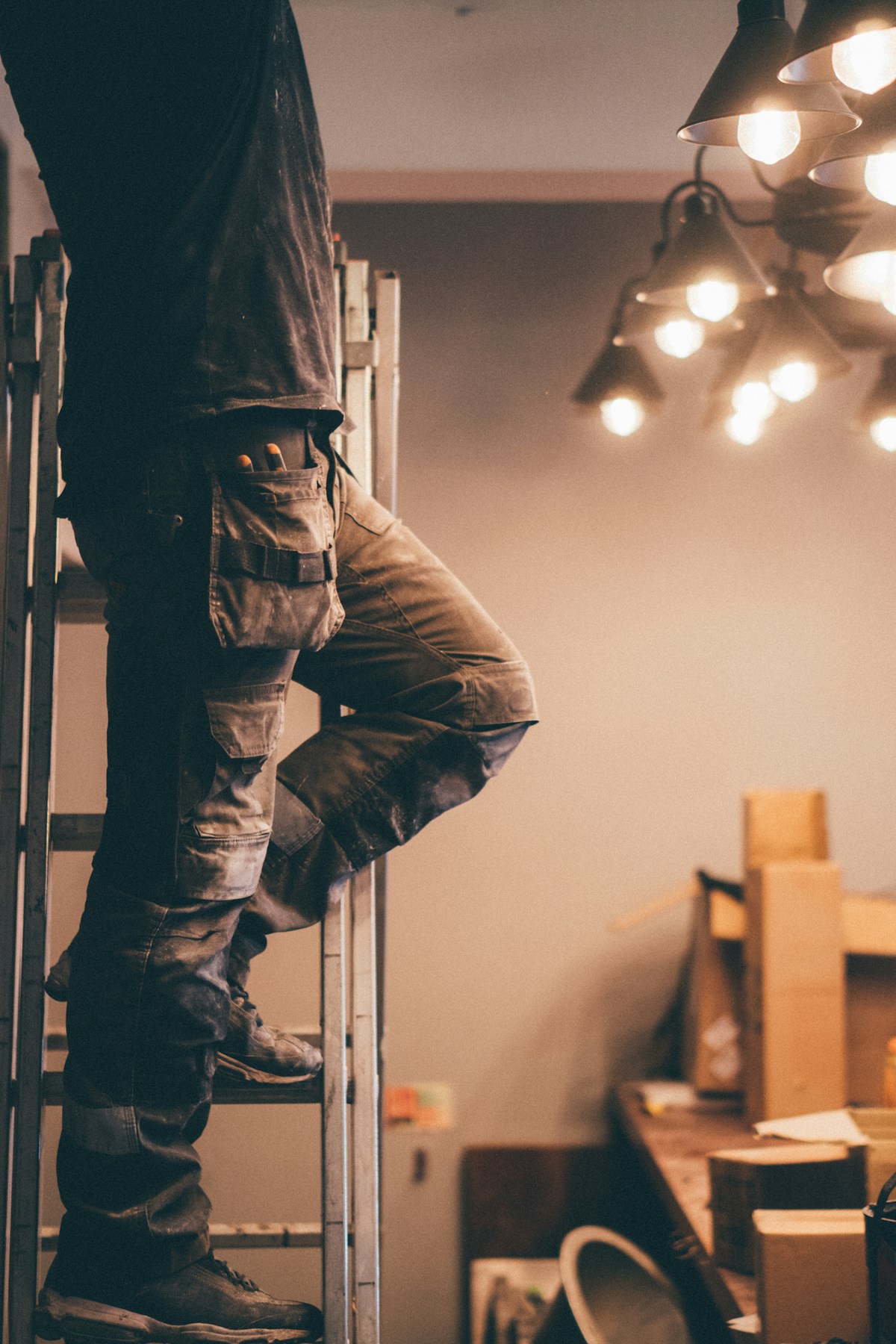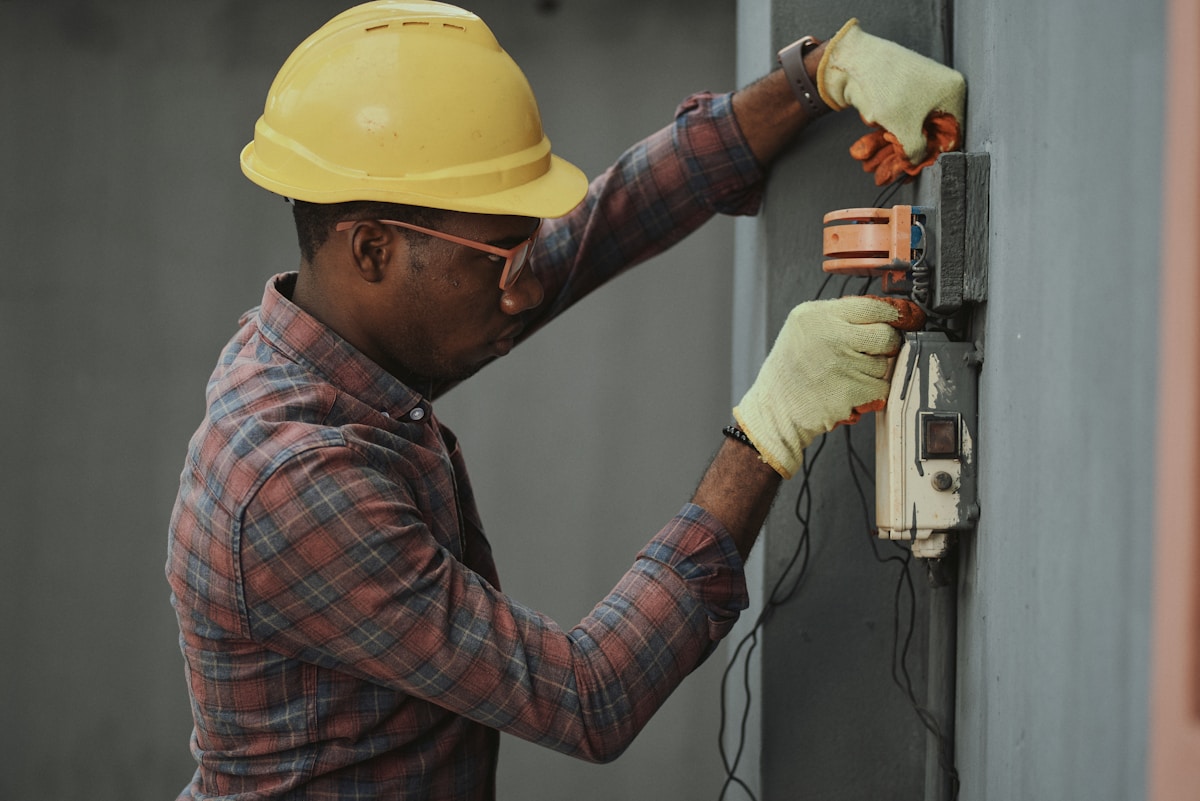Handling Electrical Emergencies in Your Northwest Home
Electrical emergencies have gotten complicated with all the modern systems and devices in homes today. As someone who’s responded to countless emergency calls throughout the Pacific Northwest, I learned everything there is to know about keeping families safe when things go wrong. Today, I will share it all with you.
Knowing what to do when electrical problems occur can prevent injuries and property damage. Northwest weather adds extra challenges—storms, moisture, and power fluctuations create situations unique to our region.
Figure Out What’s Happening

First, assess the situation. Flickering lights, burning smells, unusual sounds from appliances—these indicate different problems. Short circuits, overloaded circuits, and failing equipment all require different responses.
Power Outages

Common but potentially alarming. Check whether it’s just your house or the whole neighborhood:
- Look outside—are streetlights and neighbors’ lights also out?
- If it’s just your home, check your breaker panel for tripped circuits.
- For neighborhood outages, contact your utility company.
Electrical Shock
If someone gets electrocuted, act fast but smart:
- Don’t touch them directly—you’ll become part of the circuit.
- Use a non-conductive object (wooden broom handle, dry towel) to separate them from the source.
- Call 911 immediately.
- Once safe, shut off power at the main breaker.
Sparking or Smoking Outlets
This is a fire hazard requiring immediate action:
- Unplug everything from the affected outlet.
- Turn off power to that circuit.
- Call a licensed electrician—don’t use the outlet again until it’s inspected.
Burning Smells or Discoloration
That’s what makes burning smells so alarming to us electricians—they signal overheating that could ignite at any moment:
- Kill power to the affected area immediately.
- Don’t use the outlet or switch until a professional inspects it.
- Never attempt DIY repairs on overheating wiring.
Downed Power Lines
Probably should have led with this section, honestly—downed lines can kill. Stay at least 30 feet away. Report immediately to authorities or your utility company. Keep everyone else away until professionals arrive.
Frequent Breaker Trips
Recurring trips indicate deeper problems:
- Note which appliances trigger trips.
- Reduce load by unplugging devices or redistributing to other circuits.
- Have an electrician evaluate your system—something’s wrong.
Hot Outlets
Outlets warm to the touch are overloaded or failing. Stop using them immediately. Call an electrician. Heat means potential fire risk.
Emergency Preparedness
Build an electrical emergency kit:
- Flashlights with fresh batteries
- Portable phone charger
- Contact info for electricians and utility companies
Being prepared reduces panic and enables faster, safer responses when problems occur.



